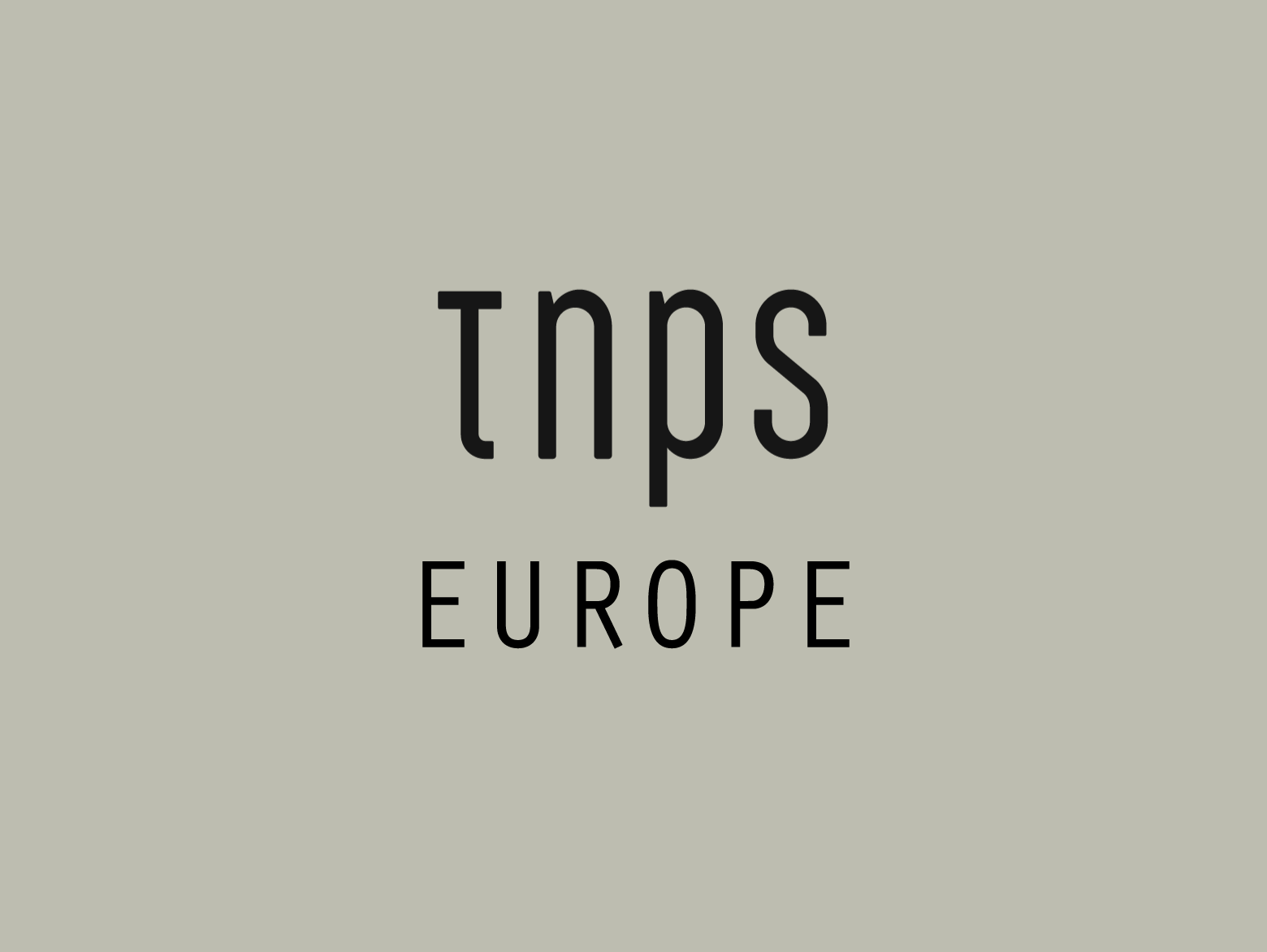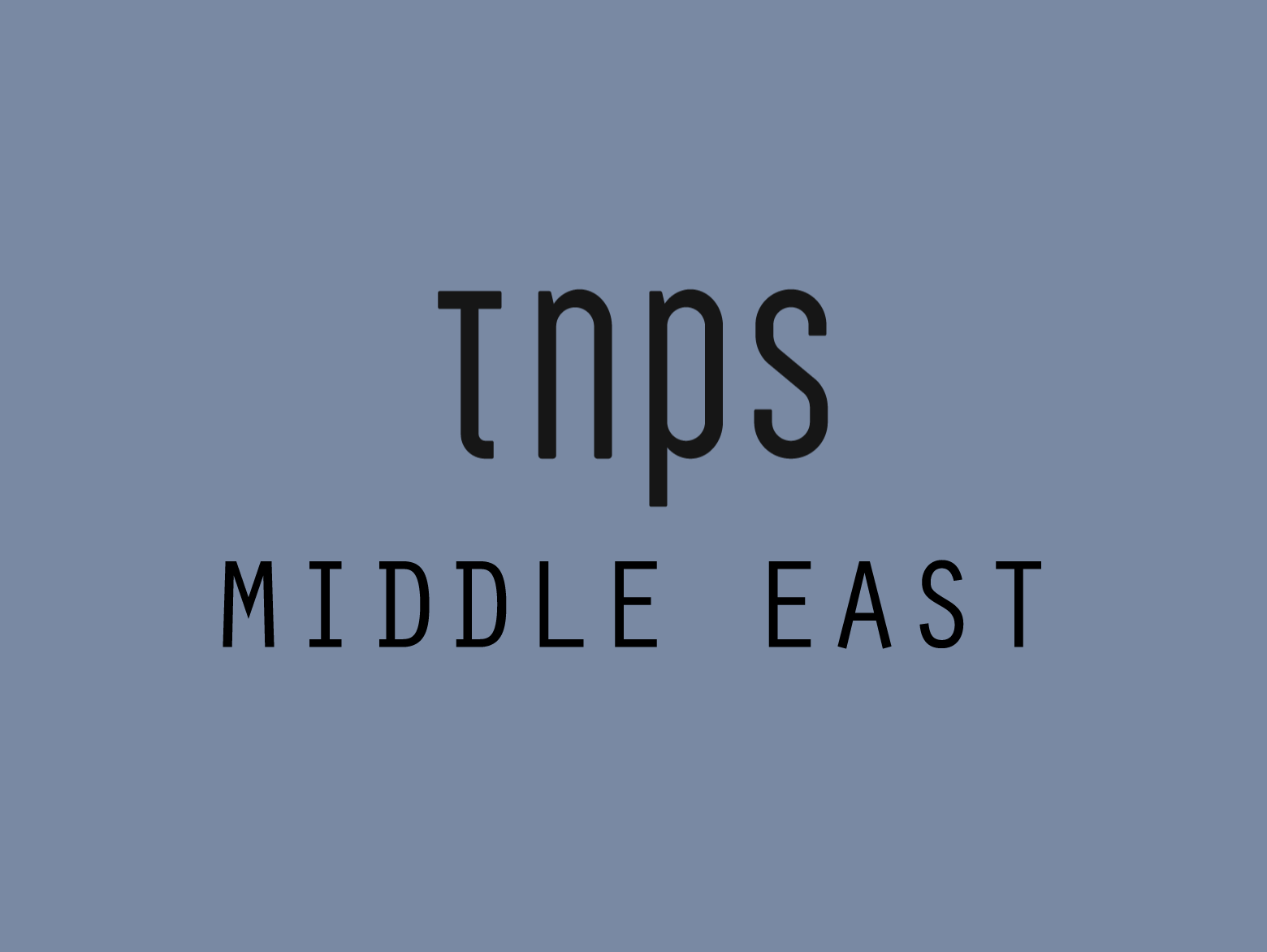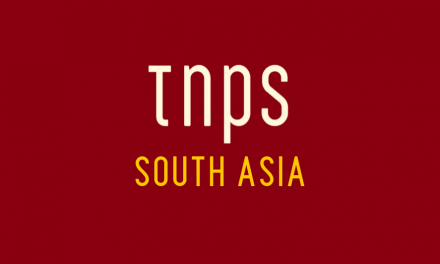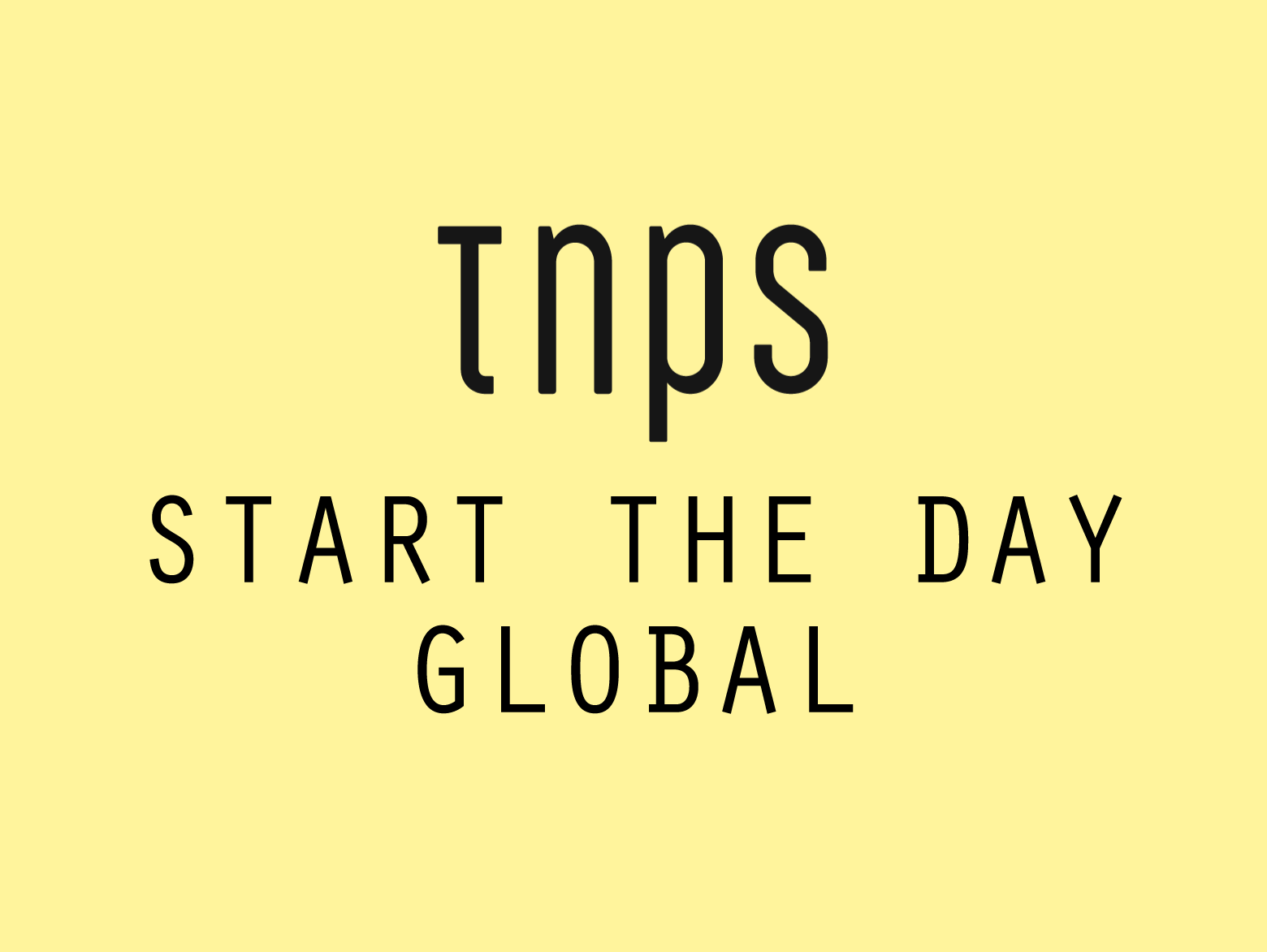Given the current trend for Scandinavian noir in the US and UK it’s no surprise that Swedish books have been doing rather well abroad.
But as a report in Norway’s NRK shows this week, 2017 was a record-breaking year for Norwegian literature abroad.
According to NRK a total of 538 Norwegian titles were last year translated into 44 languages, with Margit Walsø, director of the Norwegian Literature Center, NORLA asserting,
It is the best year for Norwegian literature exports we have seen.
Not bad going for a country of just five million people – smaller than London or New York.
And a fine example of the unfolding Global New Renaissance I occasionally talk about here.
I often see people misinterpret and dismiss the concept to mean simply that we in the UK and US are now spreading our literature further afield, and that a handful of authors in a handful of countries, like Sweden, are occasionally managing to penetrate our heavily defended Anglophone markets.
But when I talk about the Global New Renaissance I envisage a global exchange of trans-media content where literature (and other media) from literally all parts of the world can spread to literally all parts of the world, in a way that is not just unprecedented in human history but pretty much unthinkable even ten years ago.
The latest results from Norway embody the idea where literature is concerned.
While the Anglophone US and UK markets are natural choices for publishers around the globe looking to translate their titles for overseas reach, it is the German language that is leading the boom in translations from Norwegian.
English and Danish are next, but it is worth looking at the full list of countries/languages where Norwegian literature is heading to fully appreciate the multi-faceted nature of global distribution as we wind down this decade.
- German: 52
- Danish: 50
- English: 37
- Swedish: 31
- Spanish: 22
- Dutch: 20
- Bulgarian: 19
- Czech: 19
- French: 18
- Polish: 17
- Serbian: 17
- Russian: 16
- Chinese: 15
- Italian: 14
- Finnish: 12
- Croatian: 11
- Hungarian: 11
- Catalan: 10
- Macedonian: 10
- Ukrainian: 10
- Estonian: 9
- Korean: 9
- Romanian: 9
- Turkish: 9
- Azerbaijan: 8
- Greek: 8
- Latvian: 8
- Brazilian-Portuguese: 7
- Lithuanian: 7
- Portuguese: 7
- Faroese: 6
- Icelandic: 6
- Slovak: 6
- Albanian: 5
- Georgian: 5
- Hebrew: 4
- Arabic: 3
- Farsi: 3
- Slovenian: 3
- Bosnian: 1
- Hindi: 1
- Japanese: 1
- Montenegrin: 1
- Singalese: 1
Source: NORLA
This for just for one small one-language country of just 5 million people, that will in turn empower and encourage authors and publishers in Norway to reach still further afield.
But what’s perhaps most interesting about this is that the increased global interest in literature, while digitally driven thanks to social media and online bookstores, is largely not driven by ebooks.
Not yet, that is.
In the key “western” markets the Big 5 ebook retailers, Amazon, Apple, Nook, Kobo and Google Play, have very much determined the course of digital publishing, with Amazon often the force leading the ebook charge, notably in the Anglophone markets.
In a handful of countries ebooks have become a key part of the publishing scene without Amazon’s help. Thailand a prime example, where Amazon has no presence and Ookbee has made the most of it –
Thailand’s Ookbee transitions from ebook store to digital lifestyle platform
while in the Netherlands the late entry of Amazon leaves the Bol-Kobo partnership in a dominant position.
Lately it seems Amazon has lost interest in the global ebook markets, or at least put the project on hold, as per past discussion here at TNPS.
As Amazon’s South America plans become clearer, will Kindle ebooks even be a feature?
As Amazon prepares for its Vietnam launch, books and ebooks aren’t on the table
But regardless of Amazon’s engagement or otherwise in the next stage of the Global New Renaissance, as we wind down this decade we are in the again unprecedented position of being able to, in theory, deliver simple digital content like ebooks to pretty much anyone, anywhere on the planet who has a smartphone, meaning the theoretical reach of publishers for any given digitised title is, literally, billions.
I say in theory because publisher territorial restrictions from the analogue era are still pervasive, inhibiting reach.
But the biggest inhibition to global ebook distribution right now is the Big 5 ebook retailers themselves. Google Play has 75 global stores. Apple just 51. Amazon comes in with just a dozen or so.
That point really hits home when you consider that the Kindle store has been with us now for over ten years.
Yet Amazon Video, barely out of diapers, and dealing in content far more data-intensive and device-challenging than even the most fancy enhanced ebook, has for over a year now been delivering video to over 200 countries around the globe.
As for Netflix… I began with Norway as an example of the Global New Renaissance in action, but to just show how global our potential reach is today, take a look at this map from the Netflix site showing where Netflix video is (red) and isn’t (gray) available.
Just four countries on the planet cannot receive Netflix. They are China, Crimea, North Korea and Syria. In every instance the obstacle is political, not practical. And for China at least, publishers are ahead of the game, as we do have digital access to China for ebooks.
So while publishers continue to struggle with analogue distribution our digital reach is, literally, global.
Wouldn’t it be great for publishing if Netflix did ebooks?






